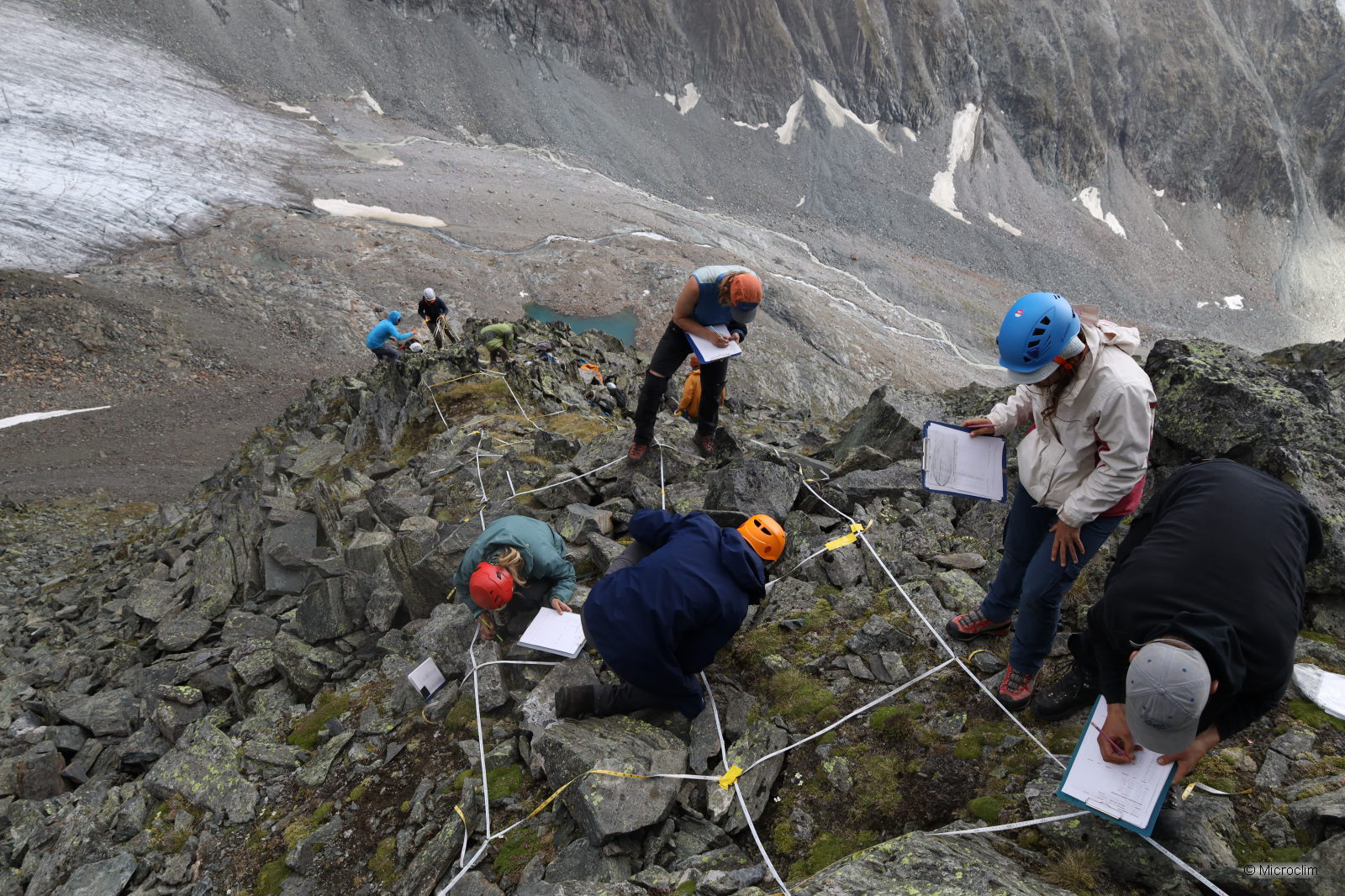Stefan Dullinger from the Department of Botany and Biodiversity Research is leading the “MICROCLIM” project.
Description: The diversity of organisms, one of the most striking features of life on Earth, is under threat, and climate change may become a major driver of the biodiversity crisis in the decades to come. However, climate effects on species will vary across ecosystems and regions. The fate of the rich and peculiar alpine flora in a warming world is particularly contentious. While some researchers expect massive loss of cold-adapted plants because they have little options to escape the heat (‘mountaintop extinction’), others assume low sensitivity of high-mountain floras due to widespread microclimatic refugia in the topographically complex alpine terrain.
MICROCLIM aims to assess the evidence for these contradictory expectations by linking so far separated research strands of monitoring and predictive modelling of alpine plant distribution. In particular, we will, first, provide a comprehensive evaluation of standard modelling approaches by comparing their predictions with Europe-wide monitoring of mountain top floras and analyse the role of spatial scale for possible mismatches between models and observations of change. Second, we will develop a novel modelling framework that simulates the simultaneous range dynamics of many interacting species. We will parameterise this model by means of experiments and observational data and evaluate it against monitoring data on an exemplary mountain. We will then apply the model to simulate the dynamics of the flora of this mountain over the 21st century at a very fine spatial resolution to evaluate the proposed rescue effect of microclimatic variation in alpine terrain. We will finally generalize the results achieved in these dynamic simulations to all summits included in the European mountaintop monitoring network GLORIA.
The results of MICROCLIM will help understanding how threatened the unique alpine flora of Europe actually is in a warming world and whether mitigating conservation measures will be required to secure its long-term survival.
Collaborators: University of Vienna, GLORIA, Universiy of Innsbcruk, University of Natural Resources and Life Sciences
Duration: 5 years (01.01.2021 – 31.12.2025)
